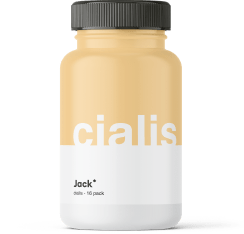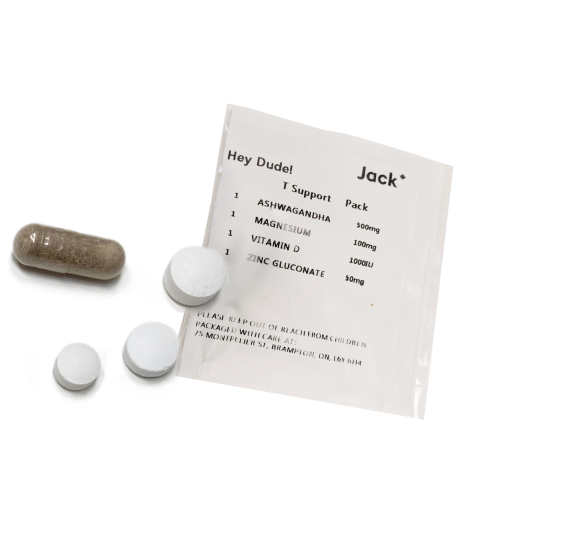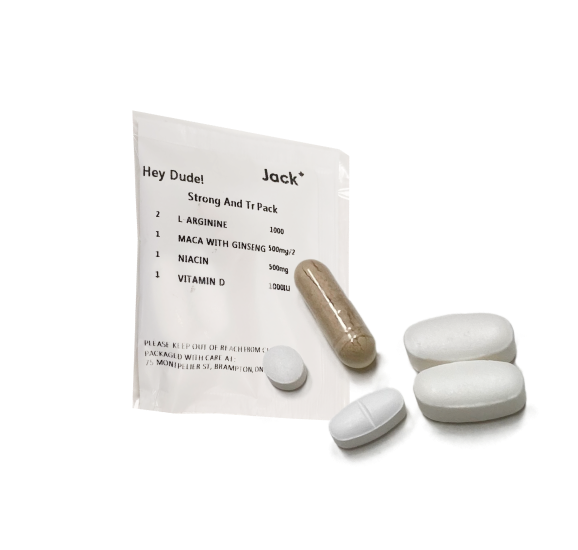Erectile dysfunction (ED) affects millions of men worldwide – in fact, an estimated 1 in 10 men will experience ED during their lifetime. That’s a pretty staggering number, right? And here’s the thing – ED isn’t just a physical issue; it can have significant psychological and emotional impacts too. It can shake a man’s confidence, strain relationships and even lead to feelings of inadequacy or shame.
But here’s the silver lining: by destigmatizing conversations around erectile dysfunction and promoting open dialogue, we can empower men to seek help, support and solutions without fear or embarrassment. It’s time to break down the barriers and start talking openly about erectile health, because every guy deserves to feel confident and comfortable in the bedroom – and beyond.
Understanding the Physiology of Erections
Erections are the result of a complex interplay of neurological, vascular and hormonal processes. When a man becomes sexually aroused, sensory stimuli trigger the release of chemicals such as nitric oxide (NO) in the brain. This stimulates the production of cyclic guanosine monophosphate (cGMP) in the smooth muscle cells of the penile tissues, leading to relaxation of the muscles and increased blood flow to the penis. This influx of blood causes the penis to become engorged and erect.
Factors Influencing Erectile Function
Now, let’s talk about what can throw a wrench in the works. Like anything else in life, there are a few factors that can mess with your mojo. Conditions such as high blood pressure, diabetes and a sedentary lifestyle can interfere with blood flow and hinder your ability to maintain an erection. Oh, and let’s not forget about stress – that’s a big one too. So, if you’re feeling the pressure, it might show up in the bedroom as well.
- Cardiovascular Health: Conditions such as atherosclerosis, hypertension and diabetes can impair blood flow to the penis, leading to erectile dysfunction.
- Hormonal Imbalances: Testosterone plays a crucial role in regulating libido and erectile function. Low testosterone levels can contribute to ED.
- Lifestyle Factors: Smoking, excessive alcohol consumption, obesity and sedentary behavior can negatively impact vascular health and increase the risk of erectile dysfunction.
- Psychological Factors: Stress, anxiety, depression and relationship issues can interfere with sexual arousal and performance, leading to difficulty maintaining erections.
Tips for Maintaining Erectile Health
While certain risk factors for erectile dysfunction may be beyond an individual’s control, adopting healthy lifestyle habits and seeking appropriate medical care can support erectile health. Here are some evidence-based strategies for maintaining erections:
- Get Moving: Exercise isn’t just good for your muscles – it’s great for your manhood too! So, lace up those sneakers and get moving. Regular physical activity can improve blood flow and keep things running smoothly downstairs.
- Watch Your Diet: You are what you eat, right? So, load up on the good stuff – fruits, veggies, lean proteins – and limit consumption of processed foods, sugary snacks and high-fat meals.. A balanced diet can work wonders for your overall health, including your sexual health.
- Maintain a Healthy Weight: Obesity is a risk factor for erectile dysfunction. Achieving and maintaining a healthy weight through a balanced diet and regular exercise can improve erectile function.
- Moderate Alcohol and Tobacco Use: While it’s okay to indulge occasionally, excessive alcohol consumption and smoking can wreak havoc on your blood vessels and dampen your erections.
- Manage Chronic Conditions: Proper management of conditions such as diabetes, hypertension and high cholesterol is essential for preserving erectile health.
- Find Ways to Relax: Stress is a major mood-killer, so find ways to unwind and de-stress. Whether it’s yoga, meditation or simply taking a breather, find what works for you and make it a regular part of your routine.
- Open Up Communication: Communication is key in any relationship, especially when it comes to sex. So, don’t be afraid to talk to your partner about your preferences, concerns and any issues you might be experiencing. Trust us, it’ll make things a whole lot better in the bedroom.
Medications for Erectile Dysfunction
Medications for erectile dysfunction have revolutionized the treatment landscape for ED. These medications work by increasing blood flow to the penis, helping men achieve and maintain erections during sexual activity. They can provide effective short-term relief and improve sexual function for many men.
Here are some of the key differences between the most commonly prescribed types of ED medications:
- Phosphodiesterase type 5 (PDE5) Inhibitors: PDE5 inhibitors are the most widely used class of medications for treating ED. They work by blocking the action of the enzyme phosphodiesterase type 5, which helps to relax the muscles in the penis and increase blood flow, leading to erections. The three main PDE5 inhibitors are:
- Sildenafil (Viagra): Sildenafil is one of the most well-known and widely prescribed ED medications. It typically takes effect within 30 to 60 minutes after ingestion and can last for up to four to six hours.
- Tadalafil (Cialis): Tadalafil has a longer duration of action compared to sildenafil, lasting up to 36 hours. This longer duration has earned it the nickname “the weekend pill.” Tadalafil can be taken on an as-needed basis or in smaller daily doses for continuous treatment.
- Vardenafil (Levitra, Staxyn): Vardenafil works similarly to sildenafil and has a similar onset and duration of action. Staxyn is a newer formulation of vardenafil that dissolves on the tongue, allowing for faster absorption.
- Testosterone Replacement Therapy (TRT): In cases where ED is caused by low testosterone levels, testosterone replacement therapy may be recommended. TRT can help improve libido, erectile function, and overall sexual satisfaction in men with low testosterone levels.
- Alprostadil: Alprostadil is a different type of medication used to treat ED. It works by relaxing the smooth muscle tissue in the penis and dilating the blood vessels, leading to increased blood flow. Alprostadil can be administered in several ways:
- Injection: Alprostadil can be injected directly into the base or side of the penis using a fine needle. This method typically produces an erection within 5 to 20 minutes and can last for up to one hour.
- Intraurethral Suppository: Alprostadil can also be administered as a pellet inserted into the urethra using a special applicator. The medication is absorbed through the urethral lining and can produce an erection within 10 to 15 minutes, lasting for up to one hour.
It’s important to consult with a healthcare provider to determine the most suitable medication and dosage based on individual needs and medical history. Remember, medication is just one piece of the puzzle – lifestyle changes, stress management and emotional support are also vital components of holistic erectile health.
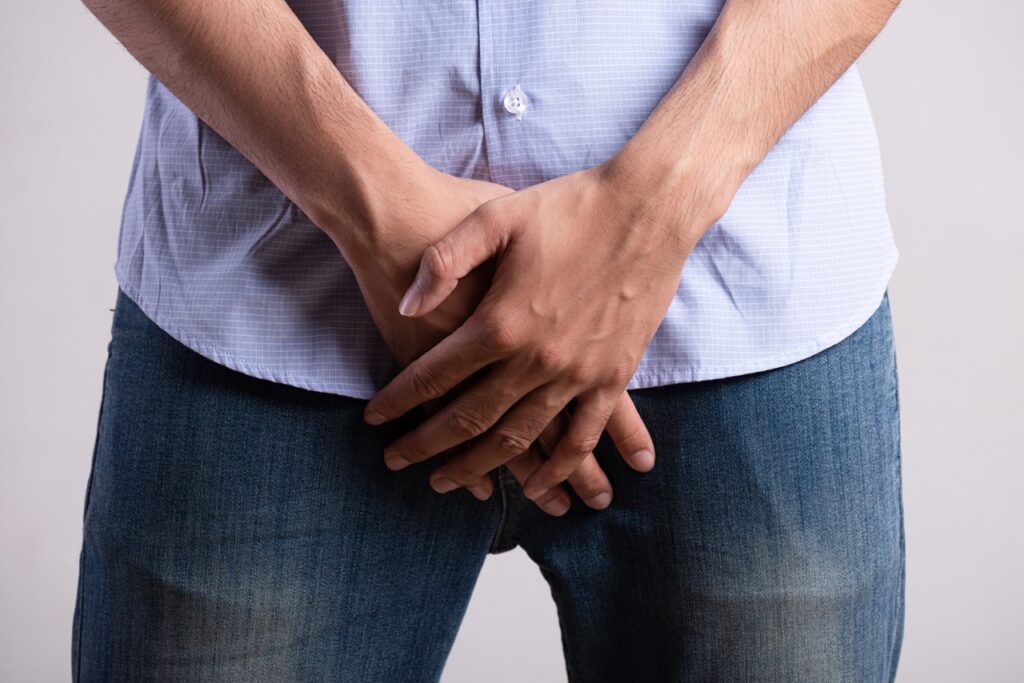




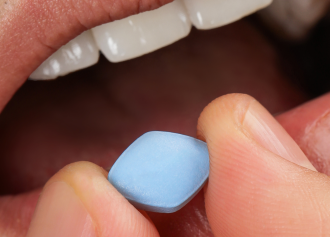

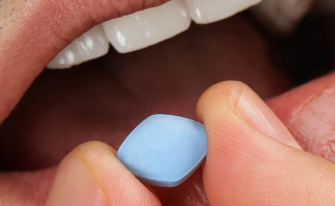






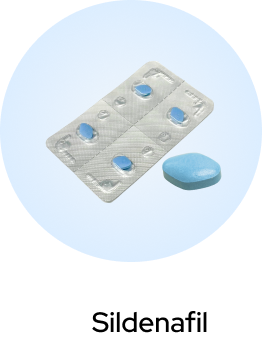
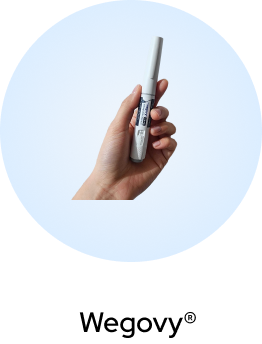
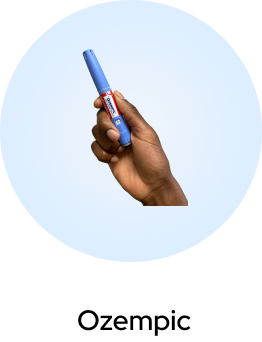


 (US)
(US)